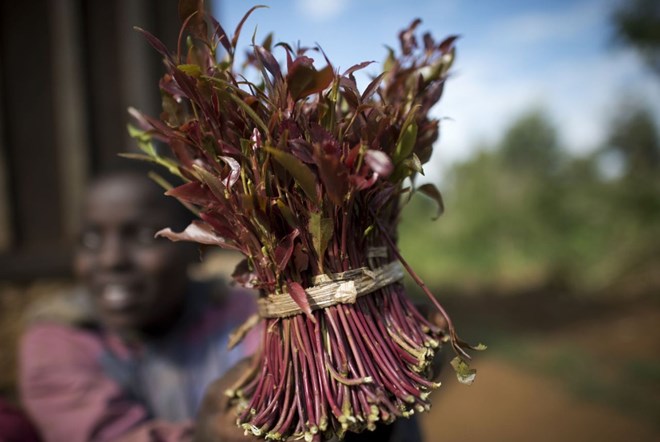The Pharmacy and Poisons Board has expressed alarm over an emerging trend of Khat users abusing and misusing restricted and prescription medicines in the country’s northern regions.
According to the board, khat consumers utilize the prescription drugs to achieve a ‘Kabarai affect.’
Another source of worry is the emergence of unlicensed chemists functioning as clinics in the North Eastern region.
The board stated that the chemists are mostly owned and managed by county government employees, and that such officers must be sanctioned by their respective county governments in order to obtain legal practice licenses.
The board has been conducting a number of initiatives in the region, including monitoring and examination within the Dadaab refugee camp in order to identify and prevent any pharmaceutical malpractices and illegalities within the camp.
The board is also engaging and sensitizing stakeholders about the PPB mandate, with an emphasis on important participants in the North Eastern region, such as the police, imams, county governments, county assemblies, professional groups, and the general public.
“The sensitization program also aims to eradicate the rising trend of abuse and misuse of controlled and prescription drugs, particularly by Khat users, to produce a “Kabarai impact,” said Julius Kaluai, PPB’s Head of Enforcement and Surveillance.
In an effort to combat illegitimate pharmaceutical practices, officials from the board worked with the National Police Service to crack down on illegal pharmacy businesses in the region.
The aim is to do surveillance along the Ethiopia and Somalia borders to combat suspected smuggling of heath products and technologies. Of key concern are the Mandera and Moyale border points.
“At least 40 persons have so far been arrested and set to be prosecuted in various courts within North Eastern and Nairobi regions in the operation that commenced on April 10,” Kaluai said.
“Illegal pharmaceutical practitioners are placed under a statutory notice that the board shall pursue them,” he added.
Those arrested were charged with being in possession of part I poisons while not being an authorised seller of poisons contrary to section 26(1)(b) as read with section 26(2) of the Pharmacy and Poisons Act, Cap. 244 laws of Kenya.
They were also charged with carrying on the business of a pharmacist in premises not registered by the Pharmacy and Poisons Board and operating the business of a pharmacist without the presence of a registered pharmacist.
According to Kaluai, the board is banking on the support of the public, the police and the National government administrative organs especially the local chiefs, for monitoring and enforcement of closure notices issued.

